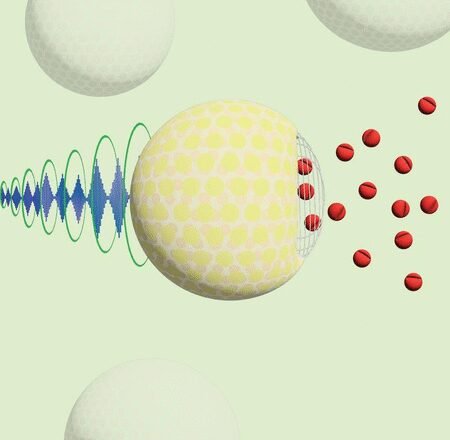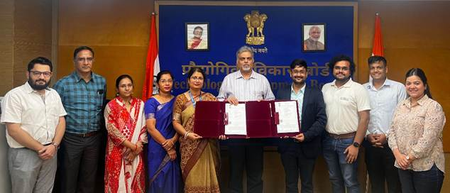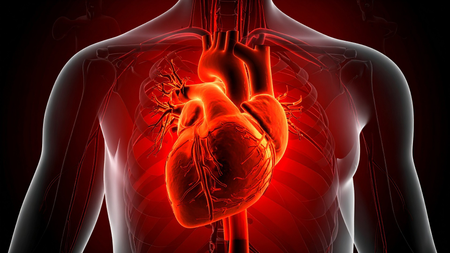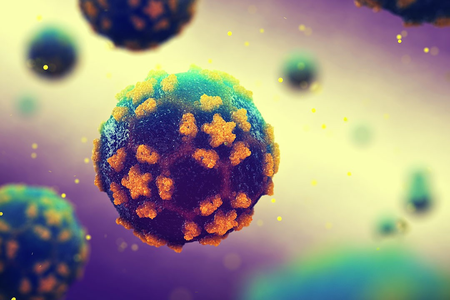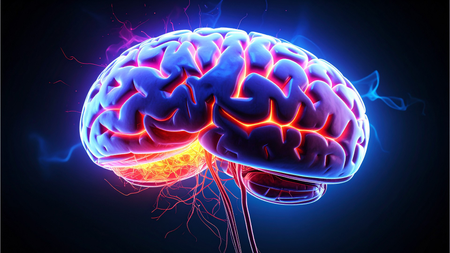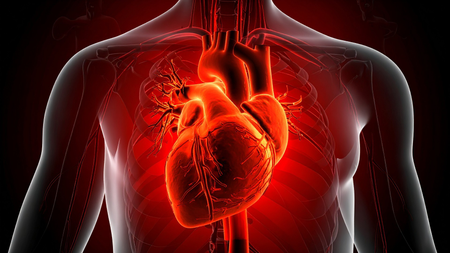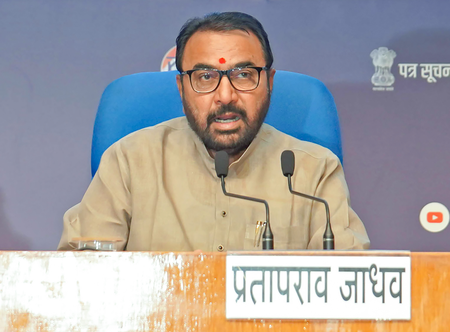
Ayurveda’s wisdom can offer new dimensions to paediatric healthcare: Prataprao Jadhav
New Delhi, Aug 18 (IANS) The wisdom provided by Ayurveda -- the ancient system of medicine -- can offer new dimensions to paediatric healthcare, said Prataprao Jadhav, Union Minister of State (Independent Charge) for Ayush on Monday.The Rashtriya Ayurveda Vidyapeeth (RAV), an autonomous institution under the Ministry of Ayush, organised the 30th national seminar under the theme “Management of Illness and Wellness in Paediatrics through Ayurveda”.It aims to advance holistic paediatric healthcare by bringing together leading Ayurveda scholars, researchers, practitioners, and students.“Ayurveda has always placed child health as the cornerstone of a flourishing society. This National Seminar is a timely initiative to highlight Ayurveda’s comprehensive approach to both illness management and we...

